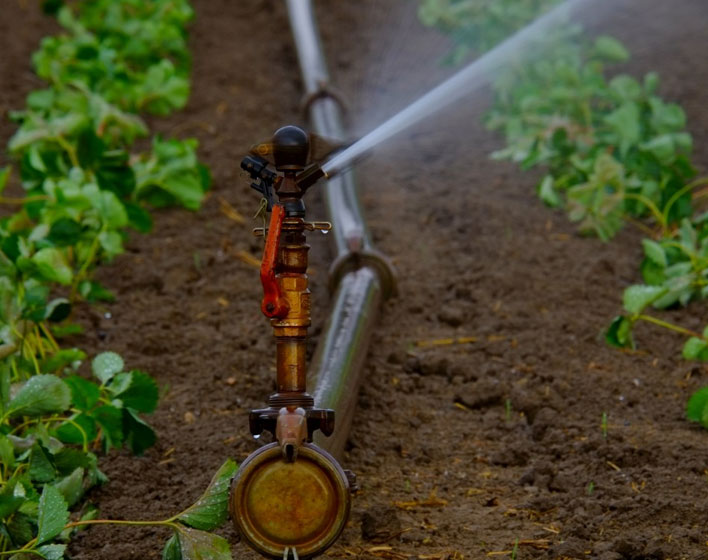Participants
Functional Unit“Environmental Analysis”
Contacts
A. Agüera (aaguera@ual.es)
Founds:
FEDER-Andalucía 2014-2020
Current Situation:
In progress
Summary
The water scarcity is especially noticeable in arid and semi-arid areas such as southern Spain and Andalusia. In the search for alternative resources, unconventional resources such as urban wastewater, represent an effective alternative that can be used in various activities. However, it has been shown that regenerated WW may contain relevant concentrations of antibiotics and their transformation products (TPs), while acting as propagators of resistant bacteria and genes (ARB and ARG). It is necessary, therefore, an adequate evaluation of reuse practices, especially in applications as sensitive as the irrigation of crops intended for consumption, to ensure the protection of both the environment and the consumer. The ANBAGENS project will address the study of chemical and microbiological contamination in a complete reuse scheme under real field conditions, by monitoring an intensive tomato crop, typical of the province of Almería irrigated with real regenerated WW. The project encompasses the development of analysis methods for the determination of antibiotics and their TPs, ARB and ARG. Antibiotics widely used in Spain and reported in treated WWTPs will be considered; as well as the WHO Priority Pathogen List for bacteria and antibiotics that have Critical or High Priority, such as Acinetobacter baumannii (resistant to carbapenems), Pseudomonas aeruginosa (resistant to carbapenems), Enterobacteriaceae (resistant to carbapenems and cephalosporins of 3rd generation). The results obtained will contribute to fill the current information gap in aspects such as the effectiveness of the regeneration treatments in the elimination of ARB and ARG and the possible regrowth along the irrigation system (storage and transport), the effect of long term exposure to mixtures of antibiotics or to their potentially toxic TPs or the behavior of pollutants under real culture conditions.
Objectives:
- Provide validated and standardized analytical protocols for the detection and quantification of antibiotics, ARB and ARG in water, soil and plant, which guarantee the quality of the results obtained.
- Contribute to the improvement of WW treatments and reuse schemes, detecting critical points and contributing to a better chemical and microbiological quality of irrigation waters.
- Provide solid and realistic information on the possible risks to public health arising from the reuse of reclaimed water for irrigation, by conducting field studies in real growing conditions.

